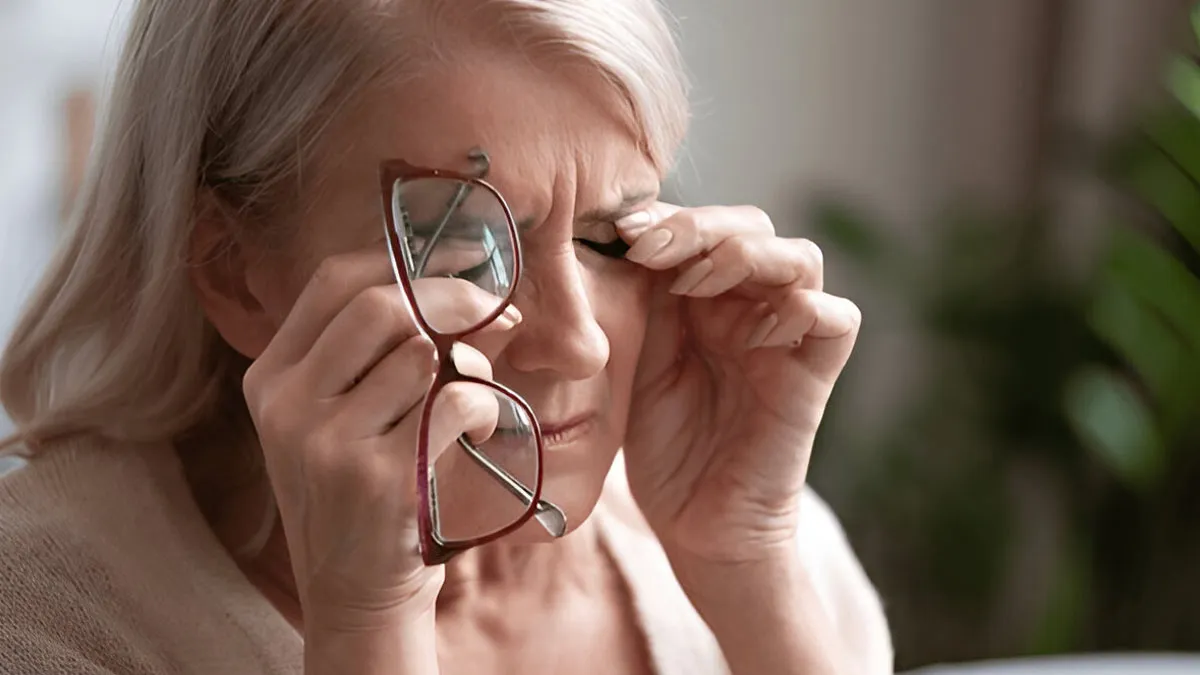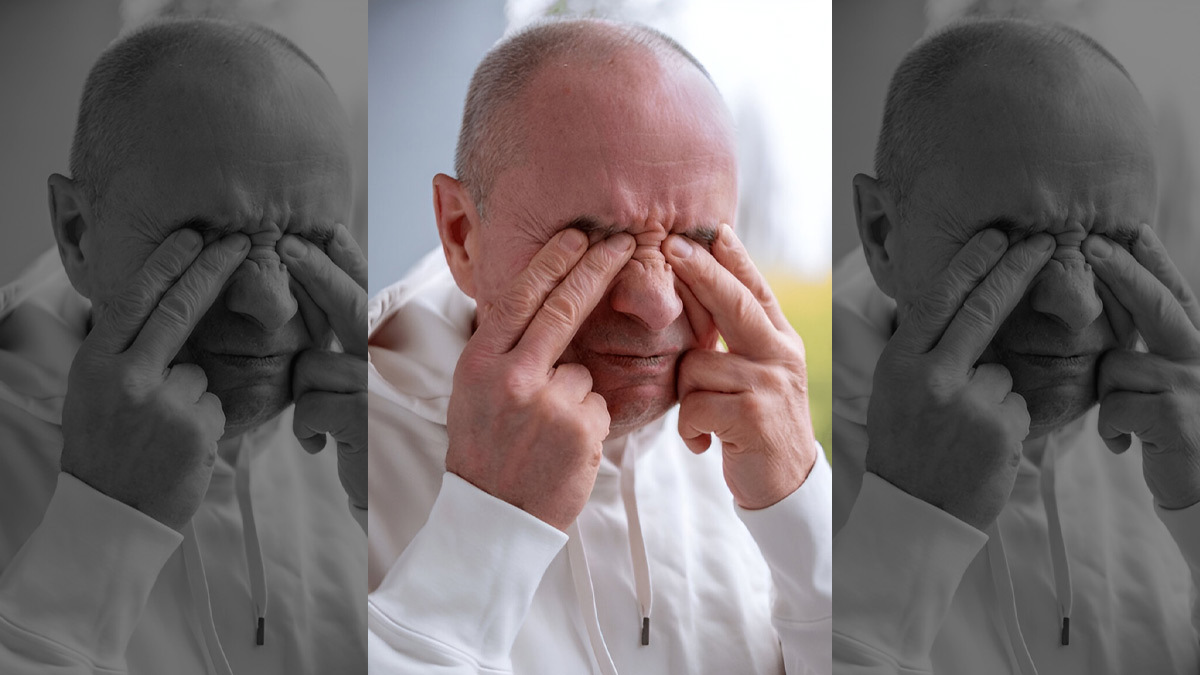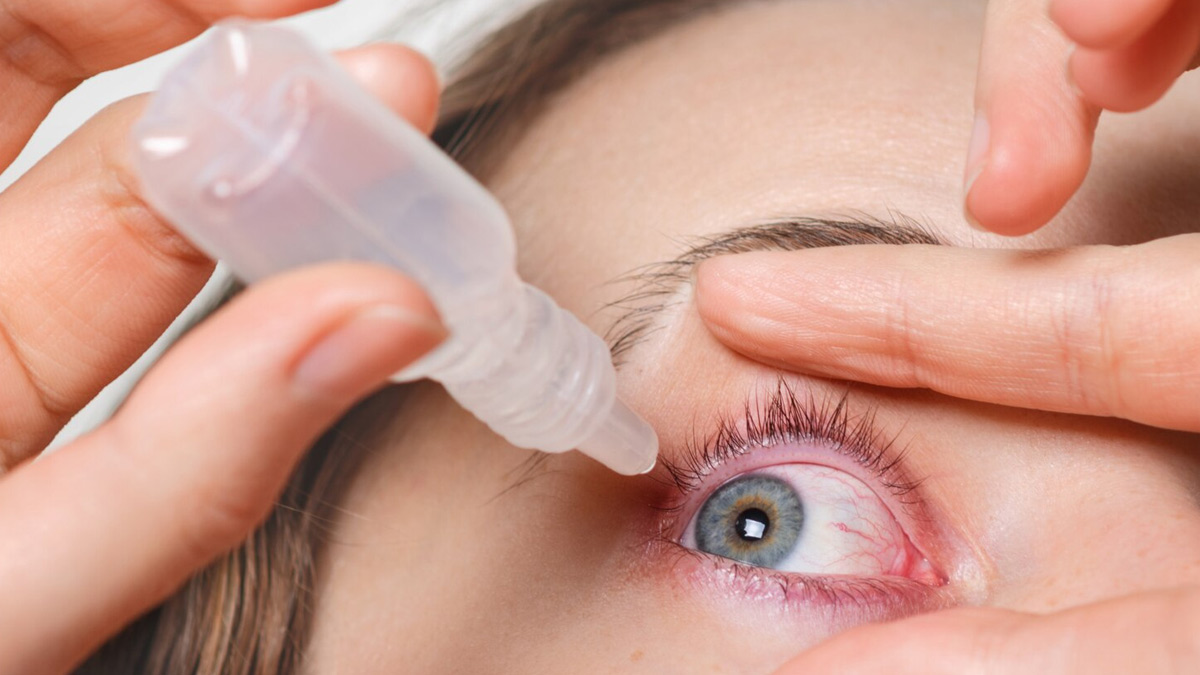
We often undervalue the power of sleep. Our lives revolve around the belief that if you miss out, you will lose out. Sleep, however, is significantly more powerful than we realise. It is the basis upon which our health and body processes are built, subtle, free, and easily neglected. One sleepless night is enough to throw your system off balance, and even the strongest cup of coffee can only cover up the damage for so long. The restorative effects of sleep extend way beyond weight control, brain clearing, and body detoxification.
Table of Content:-
We spoke to Dr Prashaant Chaudhry, Senior Consultant and Head, Ophthalmology and Refractive Surgery, Aakash Healthcare, Dwarka, New Delhi, who explained how insomnia affects corneal health.
Impact of Sleepless Nights On Corneal Health

A good night’s sleep has a significant effect on eye health. What we frequently dismiss as a simple side effect of exhaustion, red or sore eyes may indicate something more serious. The negative effects of prolonged sleep deprivation can increase the risk of significant corneal problems.
“Sleep is like food for the eyes, particularly the cornea, the clear surface that focuses our vision. The tear film, which is a nutritious layer rich in oxygen and important nutrients, covers the cornea as you sleep. This safety protocol keeps the cornea healthy and heals the micro-damage that occurs every day,” said Dr Chaudhry. According to a 2025 study, the cornea constantly interacts with its environment. Its refractive ability, shape, thickness, and clarity are crucial for accurate vision, enabling the formation of sharp images on the retina.
“While seven to eight hours of sleep is generally recommended for good health, studies reveal the cornea needs at least four hours of undisturbed sleep to recover and regenerate. When this healing process is disrupted, issues, such as recurrent corneal erosions, which are tiny, painful fractures, develop on the corneal surface,” added Dr Chaudhry.
Sleep-deprived people often wake up with tired and painful eyes that are gritty or sensitive to light. If left untreated, it may progress to more significant problems, such as corneal ulcers or keratopathy, both of which can jeopardise long-term eyesight.
What Should You Do
Here are some expert-recommended measures that you should follow:

- Even a single night of poor sleep can leave your eyes feeling dry and strained. Many people use lubricating eye drops for temporary relief, but the actual remedy lies in continuous deep sleep.
- A consistent sleep schedule, limited screen time before bed, and a pleasant atmosphere are all simple but important steps for maintaining vision and overall health.
- Ignoring the signals can be costly. Persistent eye pain, blurry vision, or increased sensitivity to light should not be ignored. An eye expert can help diagnose and treat underlying issues before they cause permanent damage.
- The message is simple but profound: your eyes, like your brain and body, require sleep. While four hours of uninterrupted sleep is sufficient for corneal regeneration, a full night's rest is essential for long-term eye health.
- Sleep should not be considered a luxury, but rather an essential component of eye care.
Also watch this video
How we keep this article up to date:
We work with experts and keep a close eye on the latest in health and wellness. Whenever there is a new research or helpful information, we update our articles with accurate and useful advice.
Current Version